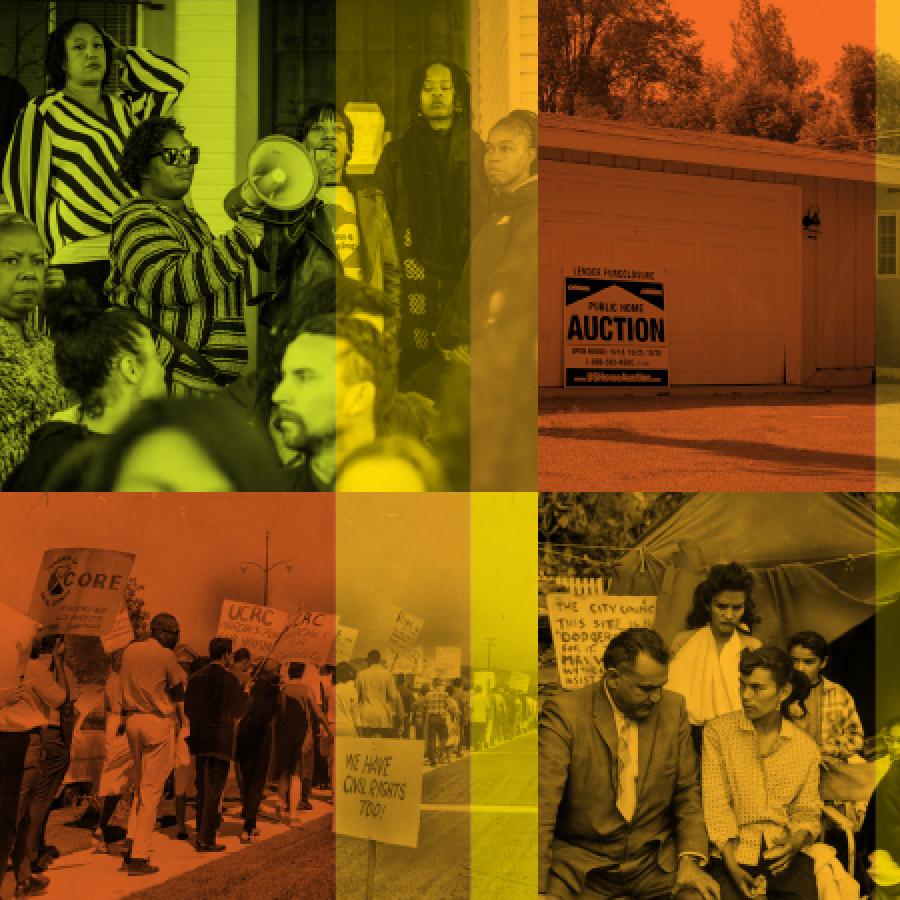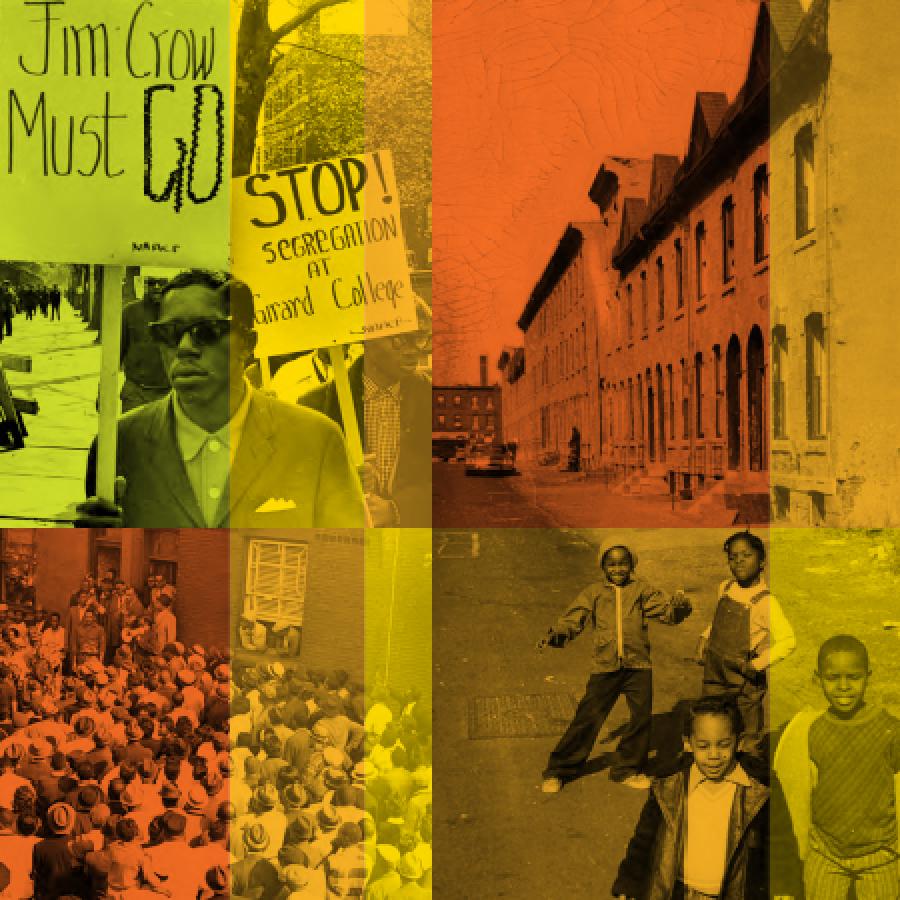Housing Justice
Cities, regions, and states across the country are facing a significant housing challenge that cuts across race and class but with particular implications for Black, Latinx, and low-income Asian and Pacific Islander residents. People of color are disproportionately likely to be paying more than they can afford for housing, more likely to be evicted, and more likely to face discrimination in accessing housing in neighborhoods with high-quality schools and other amenities. While the scale of the housing challenges facing low-income people of color is enormous, the solutions put forward have often failed to consider or address the magnitude of the problem and the deep racial and economic disparities embedded in the nation’s housing systems. Instead, policies have emphasized market-rate construction and failed to address the redlining, restrictive covenants, and other racially discriminatory practices that have shaped the housing landscape in this country and perpetuated racial segregation. The effect of these policy approaches has been to set the stage for today’s housing emergency — and for the racially disparate shocks, the COVID-19 pandemic is now delivering to the housing system.
While these challenges can feel intractable, a growing movement of housing advocates, community leaders, philanthropists, government, and private sector leaders in jurisdictions across the country are committing to take bold action to redress the causes of inequity and lay the foundation of a more just and racially equitable housing system. With the generous support of the Melville Charitable Trust, PolicyLink has collaborated with partners in the city of Philadelphia and the state of California to better understand how these housing disparities have continued to persist for so long and identify a set of policy priorities that, if adopted, would improve housing conditions and outcomes for low-income communities of color.
Read or new publications:

